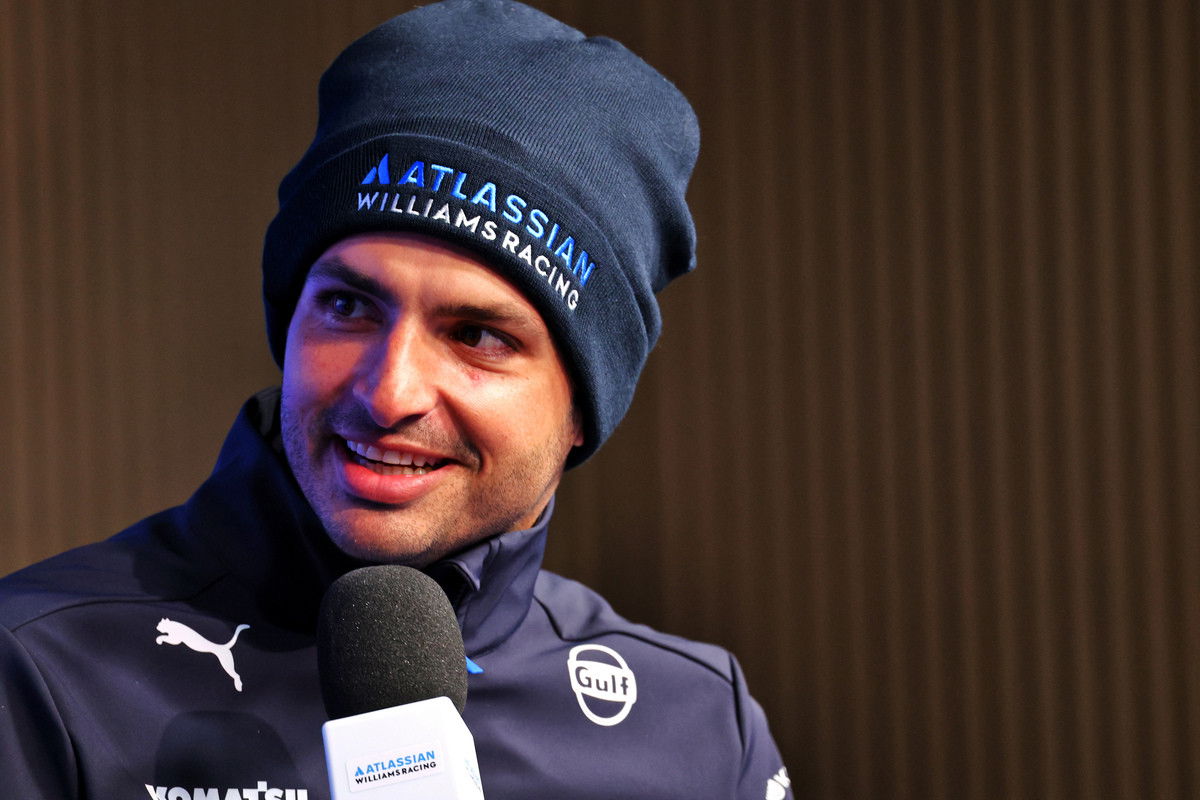

Ahead of the 2025 season, the FIA released an updated version of the International Sporting Code (ISC).
That included a new appendix offering stewards guidelines on five specific articles within the ISC, all broadly relating to misconduct and using catch-all language to cover specifics such as swearing or abusing officials.
Last year, Max Verstappen, Charles Leclerc, and Yuki Tsunoda all received wildly different penalties for their remarks.
Verstappen and Leclerc swore during an FIA press conference, and Tsunoda made offensive remarks over the radio to his engineer.
While Tsunoda was fined at the Austrian Grand Prix, Verstappen and Leclerc were punished later in the season, shortly after FIA president Mohammed Ben Sulayem gave an interview in which he said motorsport needed to clean up its language.
He’s expanded on that more recently with suggestions team radio could be banned.
On Sunday, Hyundai World Rally Championship driver Adrien Fourmaux said that he’d “f****ed up” when interviewed by Rally.TV following the Power Stage of Rally Sweden.
Stewards deemed that was a breach of Article 12.2.1.I of the ISC and handed him a AUD $16,500 (€10,000) fine (with a further €20,000 suspended for 12 months).
It’s a lesser penalty than that suggested in Appendix B of the International Sporting Code which recommends a AUD $49,500 (€30,000) fine for a driver in world championship competition (excluding F1).
However, it’s a punishment Williams driver Sainz understands and agrees with, though the Spaniard does not entirely agree with the FIA’s position.
“In controlled environments like here, press conferences, drivers should be mature enough to know when to control swearing,” Sainz said.
“I don’t think we should be swearing in those situations. And I think we are old enough and sane enough to know what to say and not to say.
“For me, that’s just a matter of education and manners.
“Now what we see on the radio, I don’t agree with what is happening,” he added.
“I think you cannot be too tough on these kind of things because you cannot understand the pressure, the adrenaline and the way we feel inside a car when we open that radio.
“I honestly think for F1 it’s good to have those kind of moments because you see the real driver.
“We are already very constrained as F1 drivers to what we can tell you about our teams, about our situations.
“We already have a lot of media briefings; they already tell us what to say sometimes and not to say on the radio.
“But when you hear that passion, when you hear those words, even if sometimes we swear on the radio, for me, that’s a keeper in F1 and that shouldn’t be something we should get rid of.”
Under the current arrangement, teams cannot opt out of having their radio televised but by the same token, the FIA cannot stop it from being broadcast.
However, it’s understood that the FIA owns the rights to team radio, which have been included in the broadcast as part of the current Concorde Agreement.
The Concorde Agreement is a tripartite agreement between F1 (Liberty Media), the FIA (as regulator) and the teams themselves and defines key elements and separations between the regulatory and commercial functions and obligations.
The current edition of the Concorde expires at the end of this season, with discussions ongoing between F1, the FIA, and the teams about a new version for 2026 and beyond.





















Discussion about this post